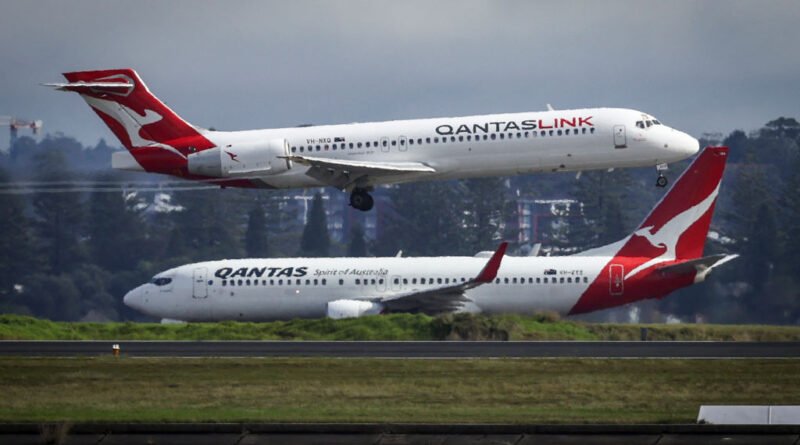ING Reports on Asia Pacific’s Slow Adoption of Sustainable Aviation Fuel Compared to Europe
The Australian government is actively supporting the pursuit of Sustainable Aviation Fuel (SAF), particularly by converting ethanol from agricultural waste into jet fuel.
In the Asia Pacific region, there is a lack of uniform policy regarding SAF transition despite the region’s significant air traffic and jet fuel demand. ING’s research indicates that Europe is ahead in SAF initiatives with the ReFuelEU program mandating 6 percent SAF use by 2030. Among APAC countries, only Japan, Singapore, India, Taiwan, and Malaysia have clear plans for SAF adoption.
Australia aims for SAF to represent 10 percent of its fuel by 2030, with Qantas pushing for a SAF mandate. South Korea plans to introduce a SAF mandate by 2026, and Indonesia aims to implement a 5 percent mandate by 2025.
However, despite government targets, there is a lack of demand for SAF in the region according to ING. Production capacity is forecasted to grow, but some projects may get canceled as seen with Shell and Oceania Biofuels.
China leads in SAF capacity in the region. The Australian government is providing funding for SAF development, with projects like Jet Zero Australia receiving support to convert ethanol into jet fuel.
Australia Provides Funding for SAF
The Australian Renewable Energy Agency (ARENA) and the Queensland New-Industry Development Strategy (QNIDS) are investing in local production capabilities for SAF. Jet Zero Australia, licensed by Lanzajet and partnered with Airbus, Qantas, and Idemitsu, is developing alcohol-to-jet technology in Queensland.
The funding will support a Townsville production facility expected to reduce net domestic aviation carbon emissions significantly. The facility aims to be operational by late 2025 and could reduce up to 225,000 tonnes of carbon dioxide equivalent per year.
Domestic Aviation’s Greenhouse Gas Emissions
The Department of Climate Change, Energy, the Environment, and Water (DCCEEW) highlights domestic aviation’s role in Australia’s greenhouse gas emissions. Government investments in sustainable aviation fuel production are already showing positive results.
Furthermore, Australia has the potential to lead in SAF production due to its feedstocks and renewable energy resources. The Bioenergy Roadmap suggests a domestic SAF industry could contribute significantly to the economy and create jobs, particularly in regional Australia.
Australia aims to decarbonize the transport sector, enhance fuel security, and generate regional employment through SAF initiatives.



